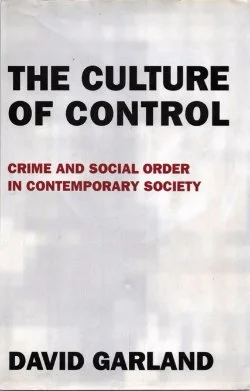By David Taylor
Creating a Policed Society? Provides an analysis of the evolution of policing and its impact on society in the West Riding of Yorkshire during the Victorian era. Unlike many previous police histories, which have focussed on specific (mainly urban) forces, it looks at developments across a region and brings out the complex and ongoing debates about policing, the diversity of police provision and the varied impact and responses that took place. As well as drawing on earlier works devoted to specific towns, the book offers a wide-ranging approach that utilises a range of hitherto underused sources that provide important insights into the details of police experience, both individual and collective. The book is structured around three major problem areas that have a relevance beyond the bounds of the West Riding. They are: (1) the extent to which the various police forces can be seen to be efficient; (2) the extent to which the Victorian West Riding can be seen as a policed society; and (3) the extent to which the policing in the county can be described as consensual. The author argues, firstly, that, despite ongoing problems retention, discipline and ill-health, most late-Victorian forces in the West Riding satisfied their local and national masters of their efficiency and were significantly less inefficient than their mid-century counterparts. Secondly, it is argued that notwithstanding the limitations to police powers, the Victorian West Riding was recognisably a policed society (or more accurately, a collection of policed societies), not least in the eyes of the majority of the local community. Finally, despite clear demonstrations of popular hostility to the police, in towns and country, in the third quarter of the nineteenth century and the persistence of anti-police sentiments, particularly in certain districts and among certain social groups, it is argued that, by a realistic and dynamic (rather than absolutist) definition of policing by consent, the Victorian West Riding was policed more by consensus than coercion.
Huddersfield, UK: University of Huddersfield Press. 2024. 429p.





